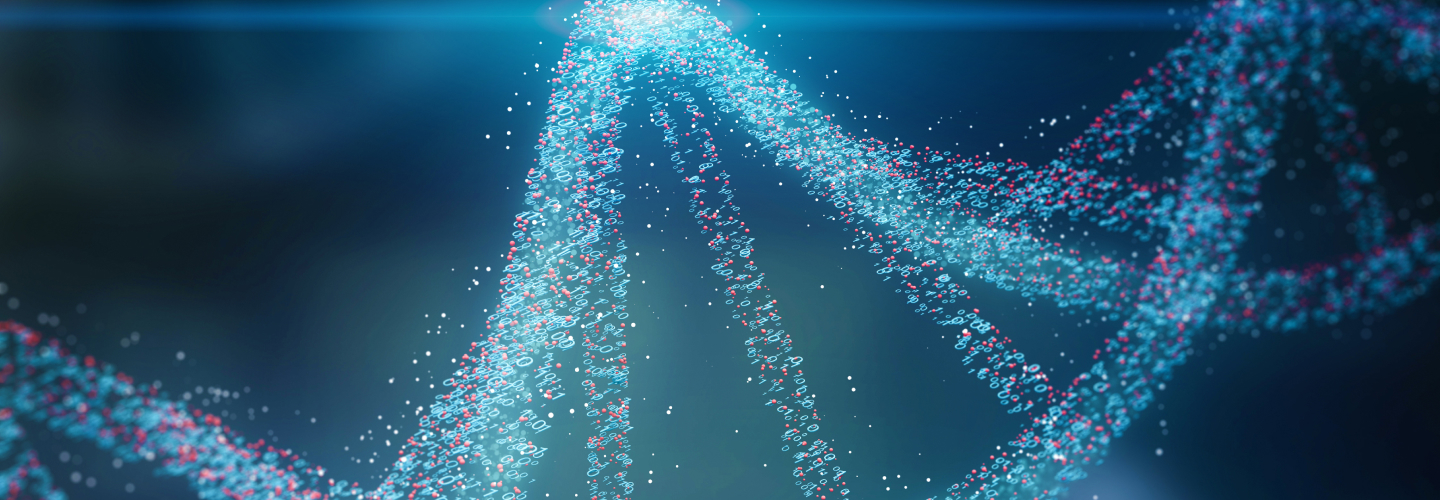Maine lobsters have long delighted tourists as the state’s most beloved seafood. But one company thinks the crustaceans can save human lives by providing their blood for use in new drugs.
The effort, involving a longtime lobster scientist, wouldn’t be the first example of coastal invertebrates being used to aid human health. Horseshoe crabs are harvested because their blood contains a protein used to detect contamination in medical products. A different startup company in Maine announced in 2016 that it would develop a bandage coated with a substance extracted from crushed lobster shells. And the U.S. Army has made use of field bandages treated with a blood clotting compound processed from shrimp shells. Read more

